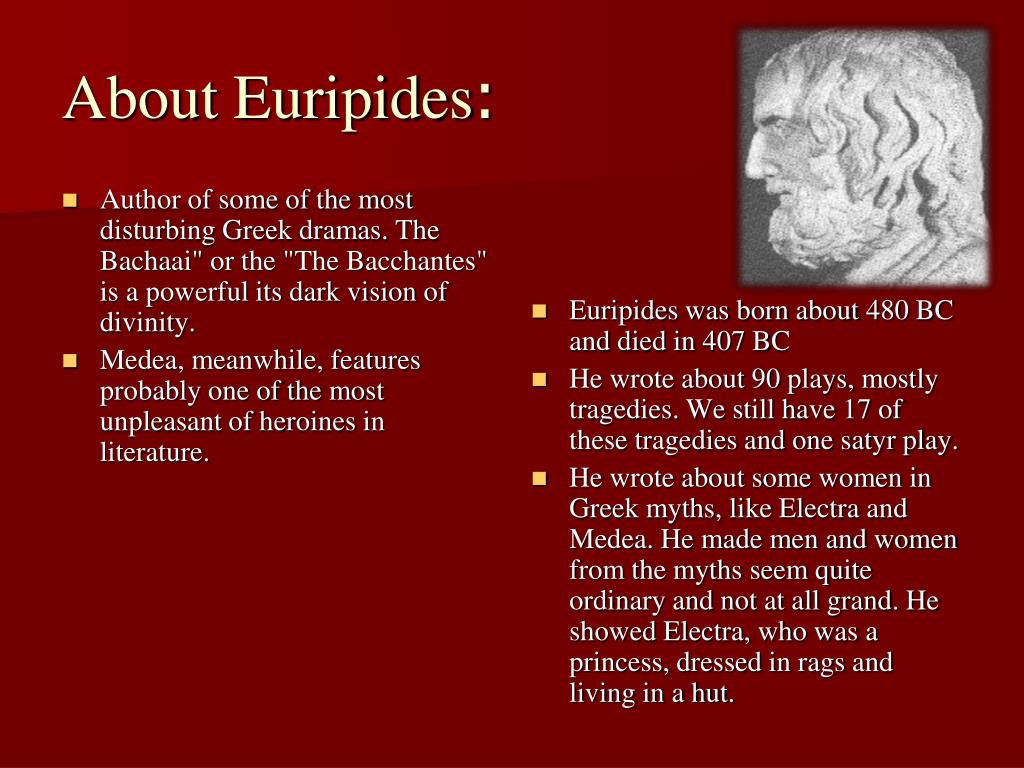

Perfect in and out of the classroom as well as for theatrical performance, this faithful translation succeeds like no other. Stallings examines the complex and multifaceted Medea in patriarchal ancient Greece. An introduction by classicist and poet A.E. In this stunning translation, poet Charles Martin captures the rhythms of Euripides' original text through contemporary rhyme and meter that speak directly to modern readers. At its center is Medea herself, a character who refuses definition: Is she a hero, a witch, a psychopath, a goddess? All that can be said for certain is that she is a woman who has loved, has suffered, and will stop at nothing for vengeance. A barbarian woman brought to Corinth and there abandoned by her Greek husband, Medea seeks vengeance on Jason and is willing to strike out against his new wife and family-even slaughtering the sons she has born him. The Medea of Euripides is one of the greatest of all Greek tragedies and arguably the one with the most significance today. Instead, he creates a nuanced, sympathetic portrayal of a woman betrayed and her attempts to regain her power and life in a male-dominated world.Renowned poet and acclaimed translator Charles Martin faithfully captures Euripides's dramatic tone and style in this searing tale of revenge and sacrifice. Euripides does not tell a straightforward story of revenge and murder. However, this compelling narrative has endured through the ages and become part of popular culture. When it was first performed, the play received last place in the City Dionysia festival, a shocking turn of events for the famous playwright. Thus Medea is both mother and murderess, both defender and destroyer of marriage, both creator and destroyer of life, both the champion of the justice that.

Euripides creates a character so engaging that by the end of the story, Jason still seems more like the villain than the victim.

She then begins to plot her hideous revenge, all the while detailing the sacrifices she made for Jason. Anthony Podlecki is professor emeritus at the University of British Columbia where he has authored many texts and translations, including Euripides Medea for. Euripides, Medea 12 likes Like Not yet do you feel it. The audience hears Medea shriek from inside the house, scorned, angry, and shamed. Amongst mortals no man is happy wealth may pour in and make one luckier than another, but none can happy be. The play opens on Medea’s house where her Nurse explains to the audience that Jason has decided to leave Medea and their two children in order to marry Glauce, the king’s daughter, and gain a socially advantageous position. Originally performed in 431 BCE, The Medea is based on the mythological story of Jason and Medea, the hero who piloted the Argonauts and the sorceress who helped him succeed. Euripides’s Greek tragedy The Medea has horrified audiences for centuries.


 0 kommentar(er)
0 kommentar(er)
